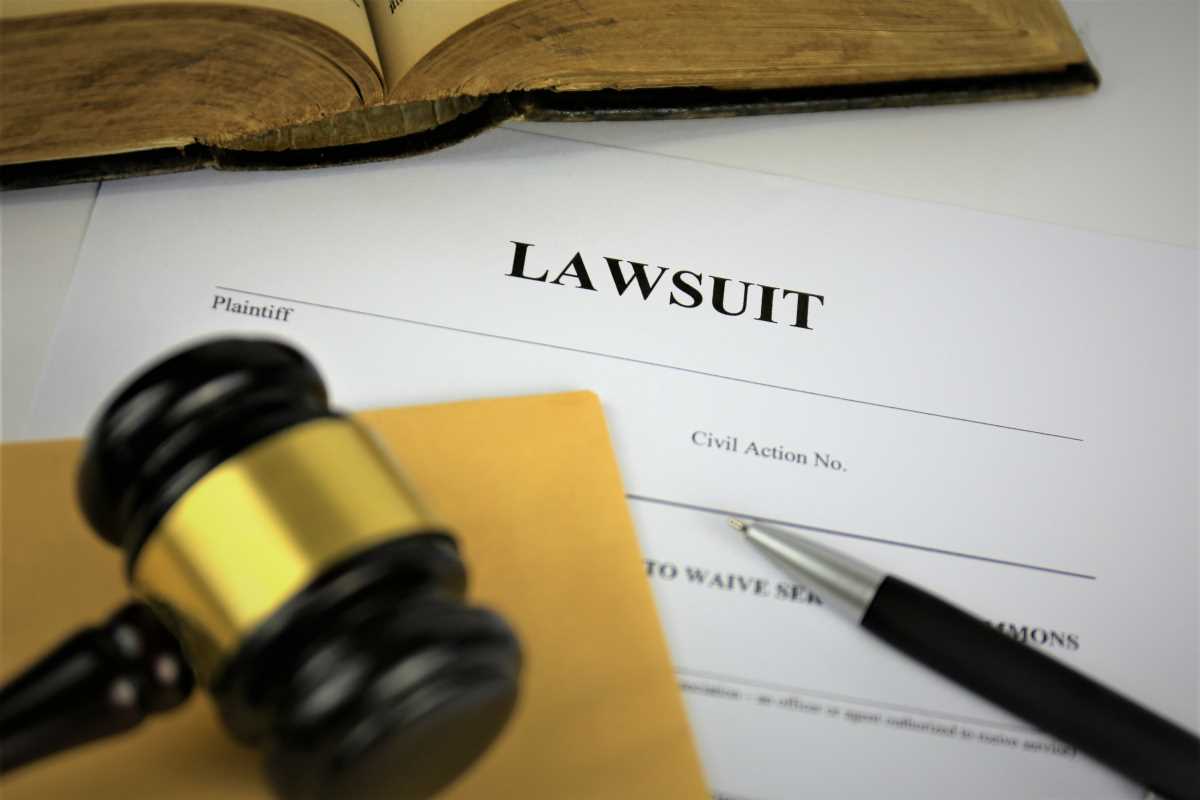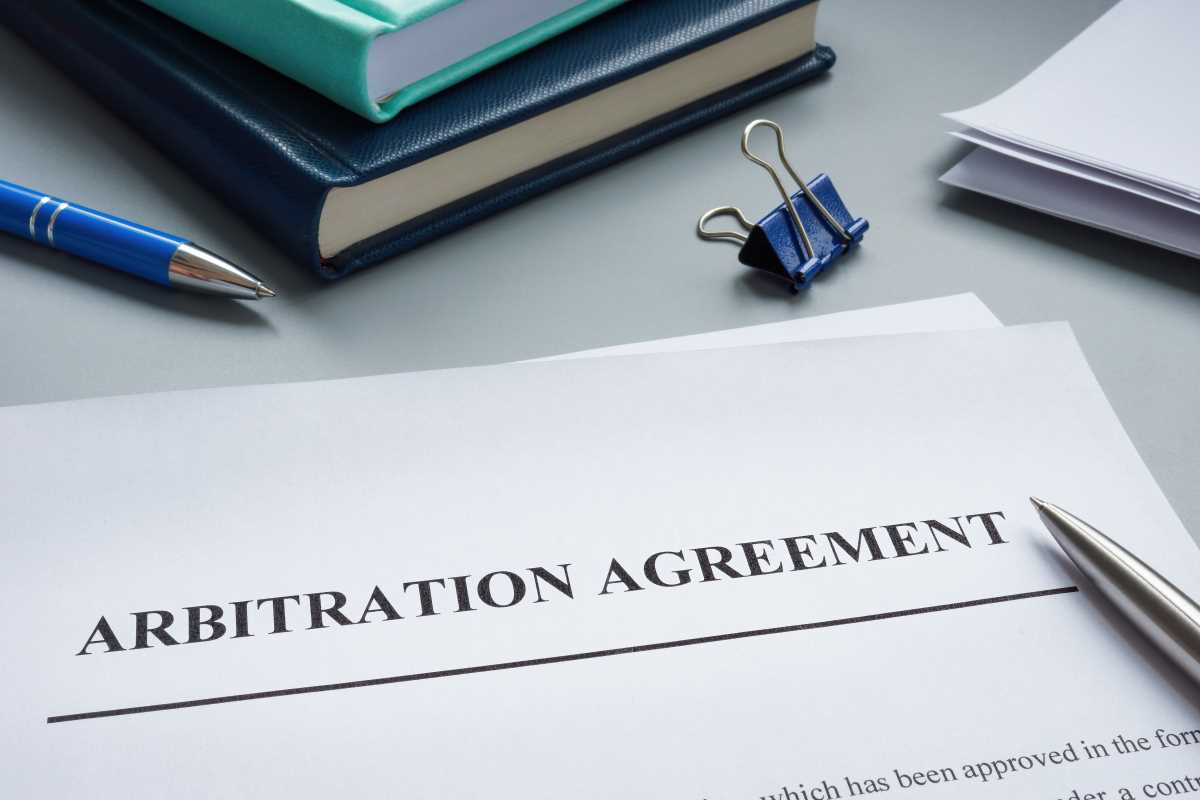Taking legal action can be a daunting process, especially for beginners. Whether you are filing a lawsuit, responding to one, or seeking justice in a personal or professional matter, it is crucial to approach the situation with care and preparation. However, many individuals make mistakes during the process that can weaken their case or lead to unnecessary complications.
Legal actions are not just about telling your story; they require following rules, providing evidence, and presenting arguments clearly. Mistakes made early in the process can have lasting consequences, including delays, higher costs, or unfavorable outcomes. Here. we'll highlights eight common mistakes people make when pursuing legal action and offers practical advice to avoid them. By understanding these pitfalls, you can take a more strategic and informed approach as you seek the best possible outcome for your case.
Mistake 1: Failing to Seek Legal Advice Early
One of the most common mistakes is attempting to handle complex legal matters without consulting a qualified attorney. While you may want to save money or believe you understand the issue well enough to represent yourself, legal processes often involve nuances and challenges that are difficult to navigate without professional guidance.
For example, an attorney can help you understand your legal rights, identify the strengths and weaknesses of your case, and outline the best course of action. They can also help you avoid filing incomplete or incorrect paperwork, which can delay your case. Seeking legal advice early ensures you start on the right foot and reduces the risk of costly errors.
How to Avoid It:
Consult with an attorney as soon as you decide to pursue legal action, especially if the case involves complex issues. Many lawyers offer initial consultations, which can provide valuable insights into your situation.
Mistake 2: Not Understanding the Legal Process
Another frequent error is initiating legal action without fully understanding how the process works. Each type of case, whether it’s a small claims dispute, employment law case, or personal injury lawsuit, follows specific procedures and deadlines. Ignoring or misunderstanding these rules can harm your case.
For instance, missing a filing deadline or failing to respond to legal documents within the required timeframe could result in your case being dismissed or judged against you by default. Likewise, not following courtroom etiquette or improperly introducing evidence can weaken your arguments.
How to Avoid It:
Educate yourself about the legal process for your specific case type. Work with your attorney to map out the steps involved, from filing documents to attending hearings or arbitration sessions.
Mistake 3: Ignoring Alternative Dispute Resolution Options
Not all disputes need to go to court. Many people rush into litigation without exploring alternative dispute resolution (ADR) options, such as mediation or arbitration. These alternatives can save time, money, and emotional stress, especially in cases where both parties are open to negotiation.
For example, a family custody dispute might be resolved through mediation, where both parties work with a neutral third party to reach a mutual agreement. Similarly, arbitration is a faster and less formal way of resolving contract disagreements. Ignoring these options can lead to unnecessary legal battles and costs.
How to Avoid It:
Discuss ADR methods with your attorney before filing a lawsuit. Evaluate whether mediation or arbitration could better achieve your goals.
Mistake 4: Failing to Gather Sufficient Evidence
The strength of your case often depends on the quality of the evidence you present. A lack of preparation in gathering evidence can undermine your legal claims or defense. This includes failing to collect crucial documents, not preserving electronic communications, or neglecting to secure witness testimony.
For instance, in a workplace harassment case, failing to save emails, text messages, or formal complaints could leave you without the evidence needed to back up your claims. Similarly, verbal agreements in contractual disputes are difficult to prove without written confirmation or other documentation.
How to Avoid It:
Begin collecting evidence as soon as the dispute arises. Keep detailed records, preserve relevant documents, and consider timelines that help support your claims. Work with your attorney to ensure your evidence is admissible in court.
Mistake 5: Overlooking the Importance of Deadlines
Legal proceedings are bound by strict deadlines, including those for filing complaints, responding to motions, or submitting evidence. Missing these deadlines can lead to your case being dismissed, delayed, or negatively affected.
For instance, in personal injury cases, there is often a statute of limitations, which is a legal time limit for filing a lawsuit. If you fail to act within this timeframe, you may lose your right to pursue legal action altogether.
How to Avoid It:
Track all important deadlines related to your case. Create a calendar or set reminders to ensure you submit documents and attend hearings on time. Work closely with your attorney to stay on schedule.
Mistake 6: Misjudging the Costs of Pursuing Legal Action
Legal action can be expensive, especially if your case lasts for an extended period or requires expert witnesses. Many people underestimate the costs involved, leading to financial strain or an inability to continue the case midway.
Common expenses include attorney fees, court filing fees, expert witness charges, and administrative costs. For those pursuing cases on contingency (e.g., personal injury claims), it’s vital to understand how these agreements work and what percentage of the settlement will go to your attorney.
How to Avoid It:
Discuss all possible costs with your attorney upfront. Ask for a breakdown of fees and payment structures, and factor in contingencies for potential additional expenses.
Mistake 7: Failing to Communicate Effectively With Your Attorney
A lack of communication between you and your attorney can lead to misunderstandings, missed opportunities, or errors in your case. For example, not sharing all relevant details with your attorney could result in surprises during discovery or trial. Similarly, not responding promptly to questions or requests for documents may delay progress.
How to Avoid It:
Establish clear lines of communication with your attorney from the start. Share all information honestly, even if you think it may hurt your case, and respond to requests in a timely manner. Ask questions if you’re unsure about any aspect of your legal strategy.
Mistake 8: Allowing Emotional Reactions to Drive Decisions
Legal disputes can be emotionally charged, but making decisions based on anger, frustration, or fear often leads to poor outcomes. For example, aggressively pursuing litigation out of spite or rushing to settle under pressure may not align with your long-term interests.
It’s also common for emotions to cause people to lose focus during hearings or depositions, leading to mistakes in testimony or remarks that harm their case.
How to Avoid It:
Take time to evaluate your options calmly and logically. Work with your attorney to create a strategy that aligns with your goals, and trust their guidance on when to push forward or compromise. Practice staying composed under pressure, particularly during courtroom appearances or depositions.







